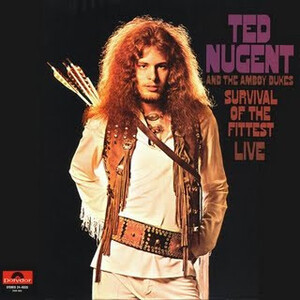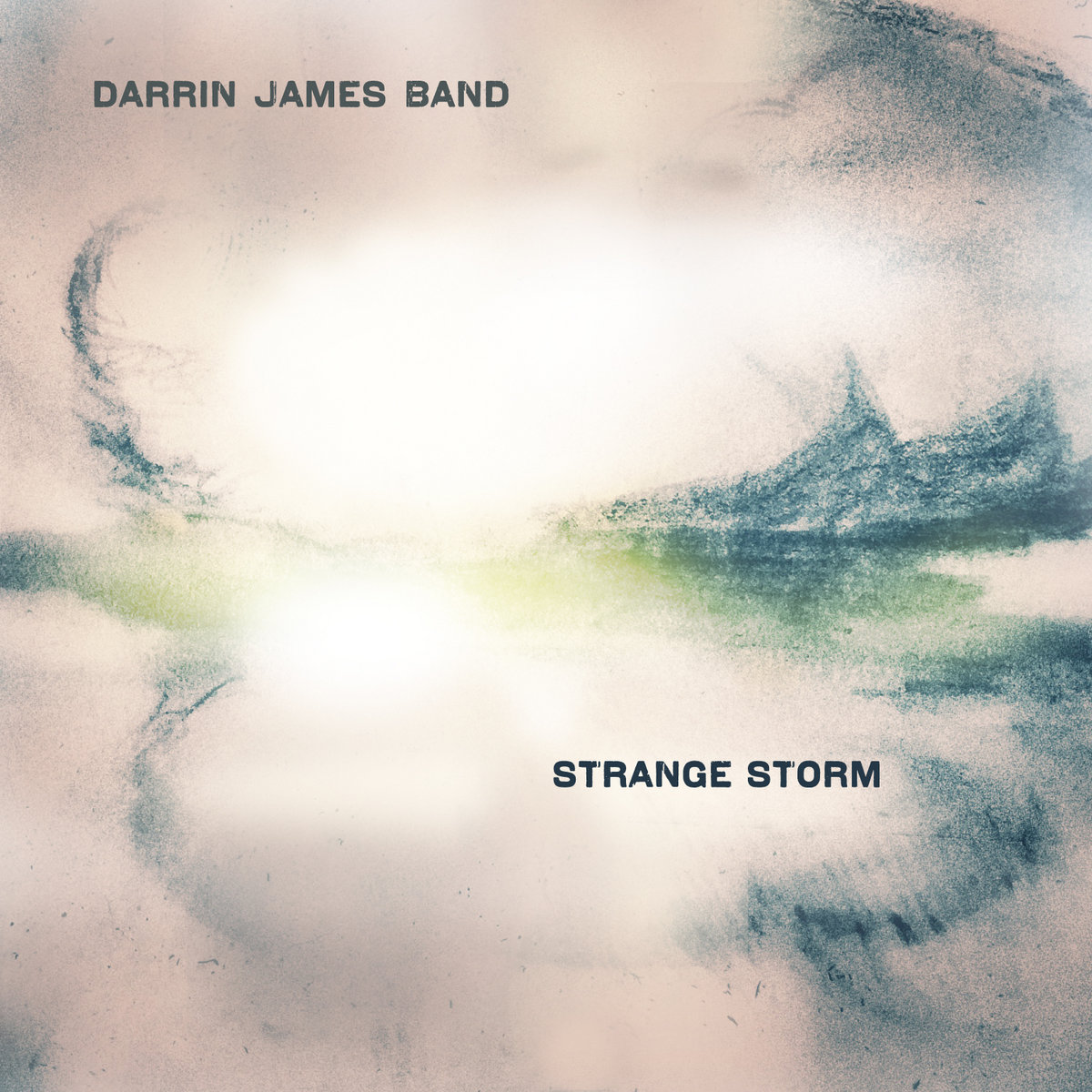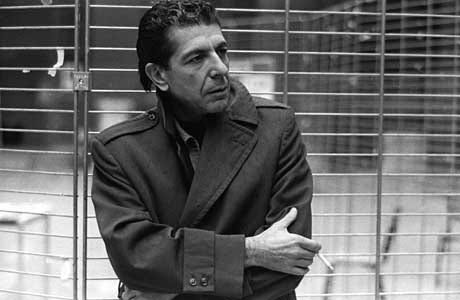Ted Nugent is a conservative asshole who's politics are more
head line hungry than thought provoking; he's been emphasizing his gun toting ,
quasi-libertarian survivalist side for so long that virtually everyone has
forgotten what a good and unique rock and roll guitarist he is. This video,
from an Amboy Dukes reunion of a kind, demonstrates that he can still play that
angular,needle point style of his with the same back stabbing swagger that he
had in the Sixties and the 70s, when he shut his mouth long enough to remind
people that he used to be taken seriously as a musician. Here, the hatted one,
still smirking like someone who just came back to the party after schlonging
your girl friend behind the garage in the dank tool shed discretely wedged
between the trash cans and the aromatic compost heap unleashes some major E
chord damage and continues with a ridiculous flurry and fury of notes that it
is like nothing else other than a blood lusting intersection when the traffic
lights fail and every piece of metal gets twisted and every driver gets a
headache, if they're lucky. That image news well with Nugent’s zeitgeist of
preference, social Darwinism, the spirit of the strong and the armed taking
what they need by force and the will to do so, attaining provisions and
pleasures from the weak, the downtrodden, the unlucky and the losers who cannot
defend their patch of the earth against invaders, marauders, hunters and
rascals of nastier inclination.
This is the culture of bullying laid bare and
blatant, a world view that has absorbed
the worst aspect of the warrior ethos and has used the habit of mind as a
rationale sanity that goes to the marrow , that each and every act of
belligerence, aggression, corrosively applied vulgarity and punch in the face
is a matter of course, each an act of bravery, honor, of maintaining a natural
order of things. Poet and essayist Robert Bly tried to humanize this mythology
with his book Iron John, wherein he
argued that men, as part of the species, need to reconnect with a fuller
philosophy of their masculinity, not merely more the warrior, but also
embracing and accepting and internalizing the responsibilities of being the
father, the teacher, the leader who recognizes his obligations to the greater
community of families his family is privileged to live in. Nugent’s
cannibal-spirited libertarianism has none of that inconvenient consideration in
its desires to make the world and the people in it cower in front of more than
his guitar skills.
Being weak, sick, not of the war mentality was
your own tough shit and no one was
obliged to give you aid. A telling title in Nugent’s time as Amboy Dukes leader
was an album called Survival of the
Fittest . While generally a kick-ass
session of Nugent’s distinct guitar work—ambivilence creeps in hear because
even I , an enemy of bullies and the like, have to admit this blathering
sociopath can play that guitar pretty damned well— the title of the record, and
the cover image of Nugent with arrow and bow, answers the question as to why we
should be glad that artists are not the ones in charge of making social policy.The
only social agreement for this grubby school
yard punk is that if you give him your lunch money , he will let you
live long enough for you get more lunch money.






 Y
Y




